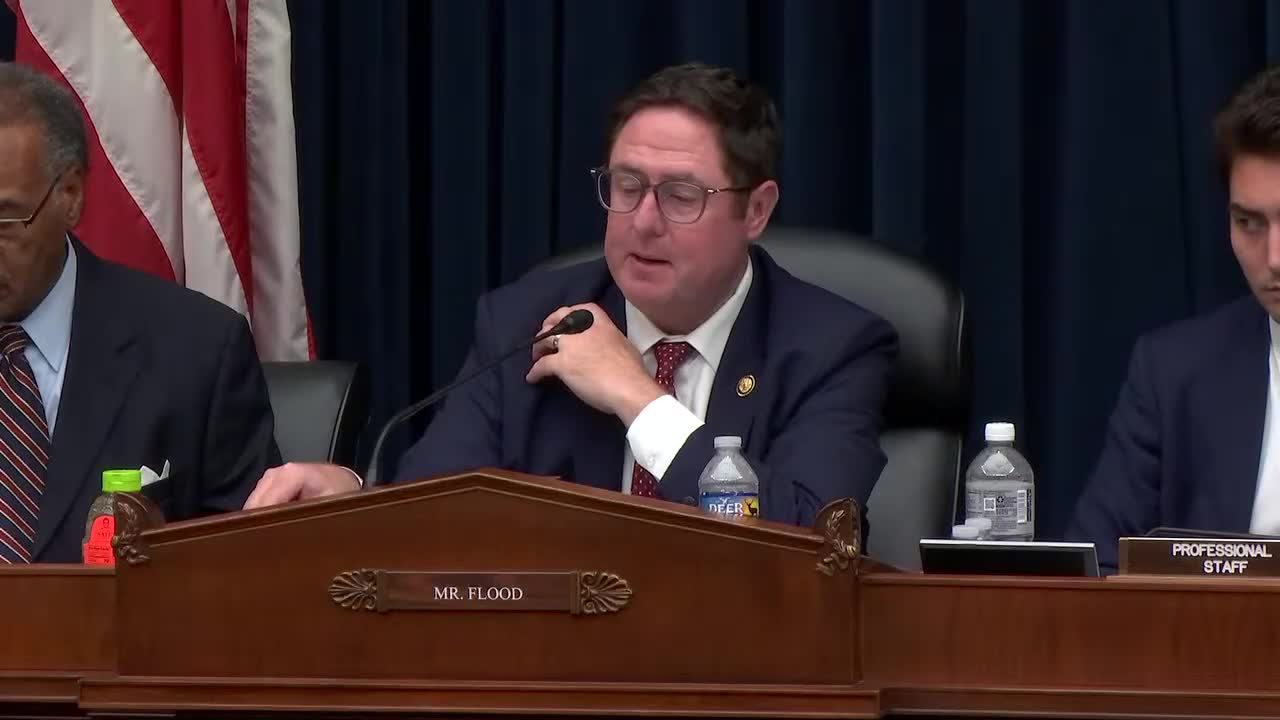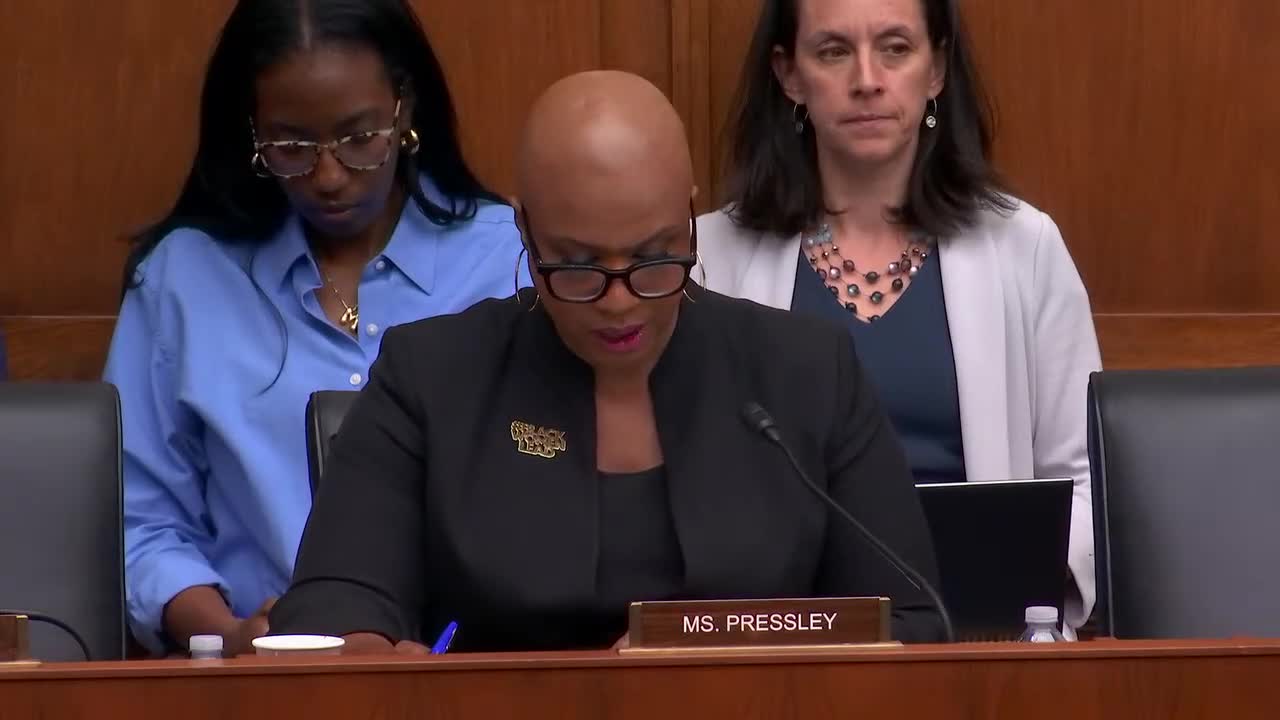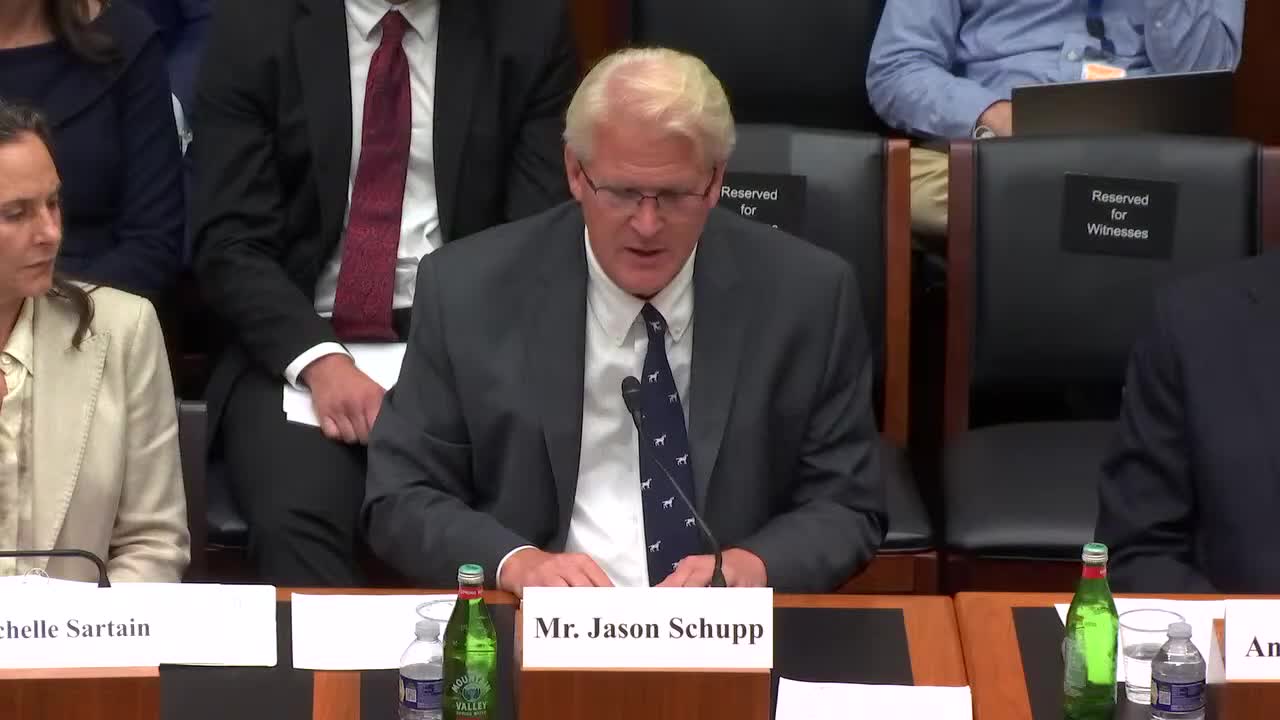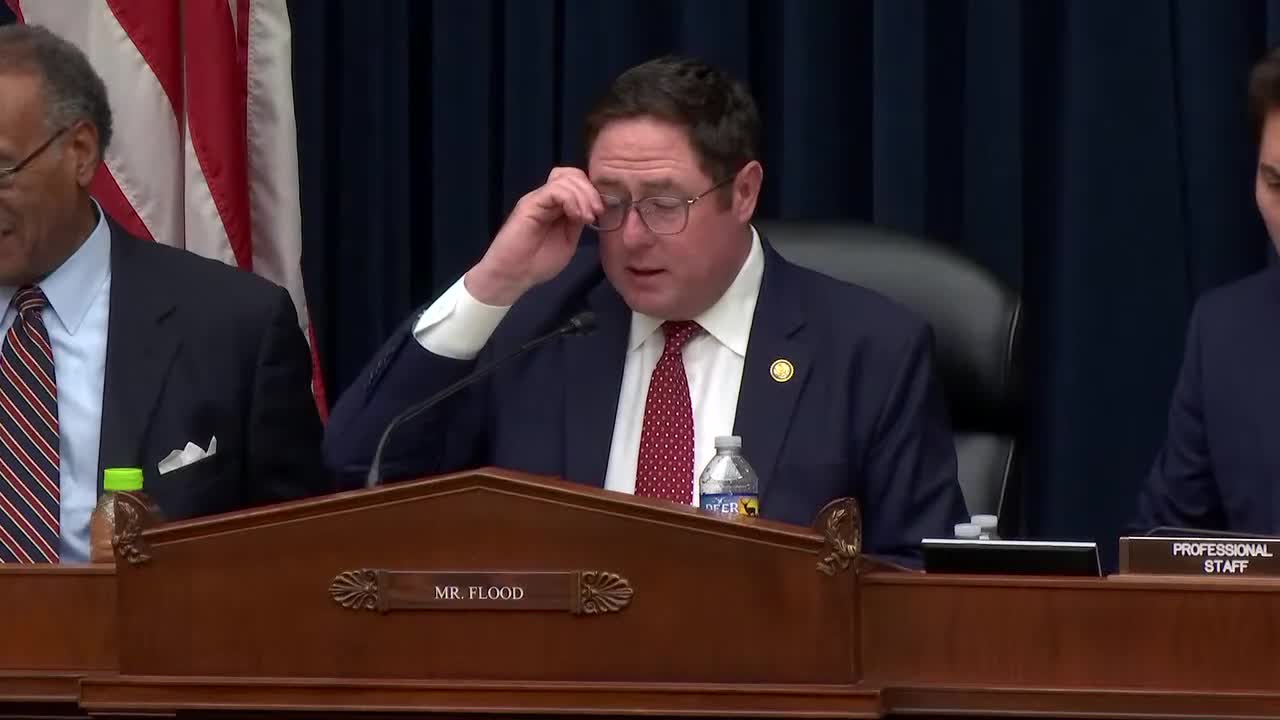Article not found
This article is no longer available. But don't worry—we've gathered other articles that discuss the same topic.

Lawmakers and witnesses debate whether cyberattacks can qualify as ‘terrorism’ under TRIA, cite attribution and intent challenges

Lawmakers press Treasury timing on terrorism certification after Boston Marathon example; proposal floated for six‑month response window

Witness warns TRIA payouts disproportionately benefit large corporations through captives; committee hears calls for data transparency

